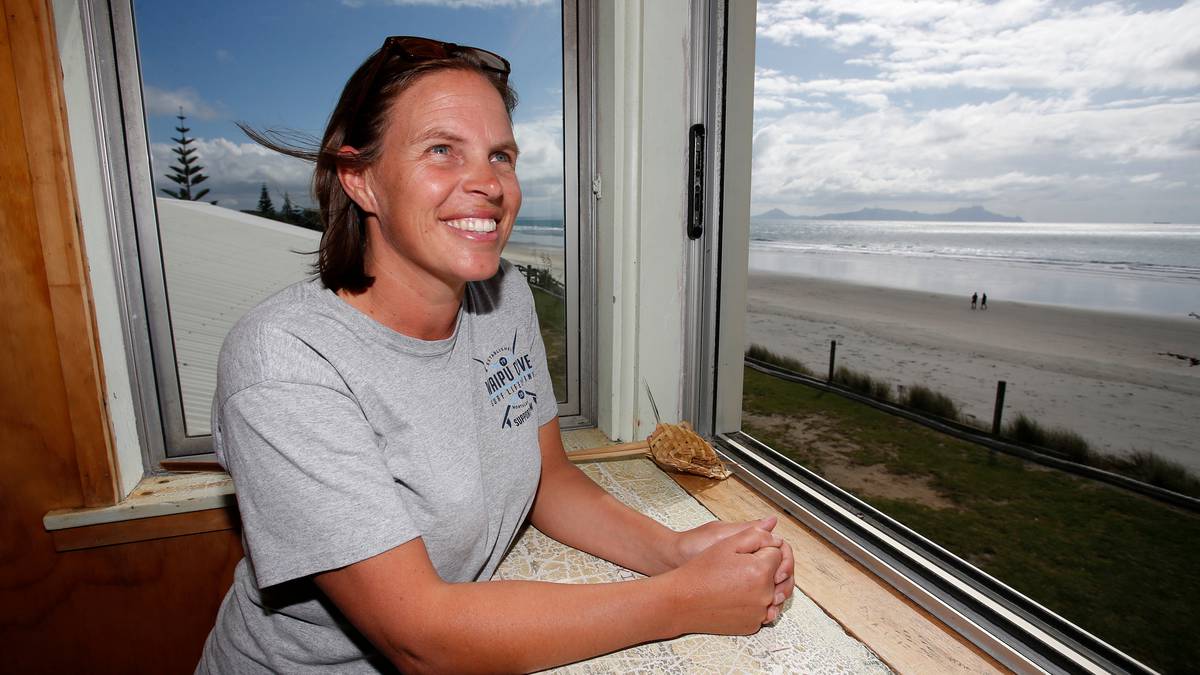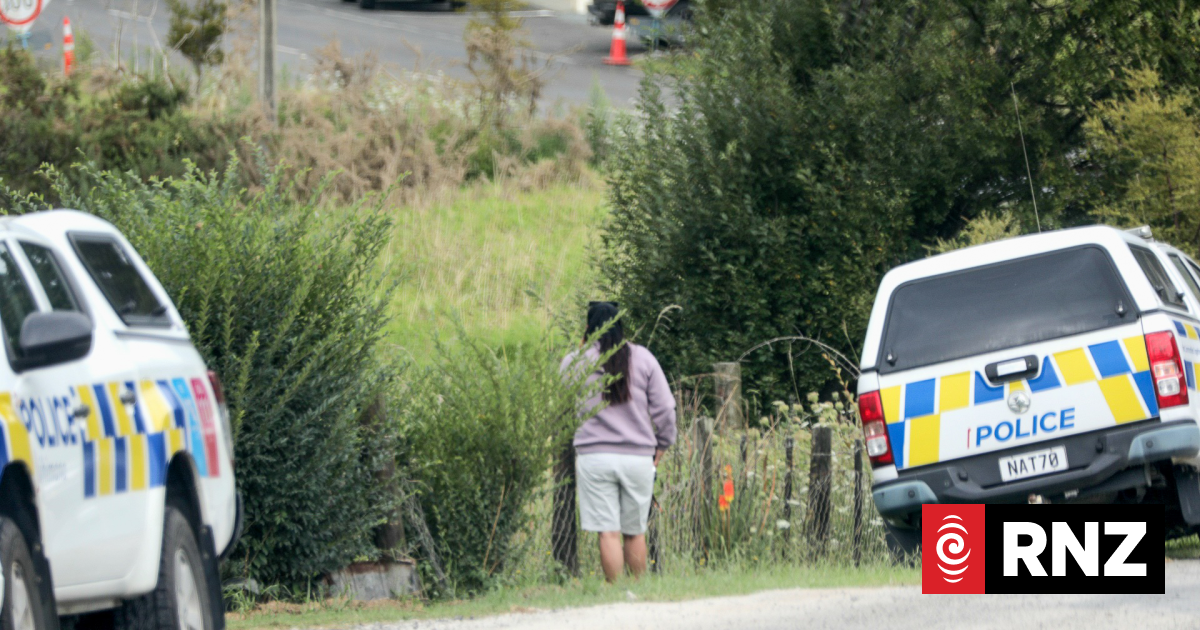Waipu Cove Surf Life Saving Club captain Kath Manning is expecting a busy summer season. Photo / Michael Cunningham
Lifeguards are back on Northland’s beaches from this weekend, and they are expecting more rescues than ever.
Waipū Cove Surf Life Saving Club captain Kath Manning said it would be a busy summer.
“I think with the upheavals of the last couple of seasons everyone will be back to normal and hitting the beach in big numbers.
“I think it’ll just be back to normal, people making up for lost time.”
Club members, a lot of whom were based in Auckland, were able to catch up on training and prepare themselves during the winter, Manning said.
Many of the people rescued at Waipū Cove got into trouble after simply overestimating their abilities in the water and heading out too far, she added.
“We also do a lot of first aid for surfers – we’ve had a lot of good swells lately.”
Surf Life Saving NZ Northern Region chief executive Matt Williams said the Northland clubs had done well to keep volunteers engaged.
“We’ve seen some challenges coming off the back of Covid. It was very hard to train and engage volunteers.”
“I think it’s worth noting the Northland clubs did a particularly good job getting themselves up to speed in the off-season, getting their members engaged again and ensuring they’re up to standard.”
Surf Life Saving NZ always wanted more volunteers, Williams said, although Northland had slightly more than the minimum number required.
“They’re comfortable but more is always good … even those who haven’t been involved with surf life saving and may not be familiar with it, check it out and see if it’s for you.”
Surf life saving also had ongoing issues with funding, particularly for large projects such as new club facilities at Baylys Beach, Williams said.
/cloudfront-ap-southeast-2.images.arcpublishing.com/nzme/7I73F5RGBW52DOBS7HRH7VXLCM.jpg)
There was a trend toward more people getting on the water, which would lead to a busy summer, he added.
“We can’t yet put our finger on why, but New Zealanders and visitors are recreating at the coastline in greater numbers than ever before.
“We used to talk about the off-season which was the winter months. We have no off-season now.
“We’re seeing a lot more people use the water year-round which I think contributes to the increase in the drowning toll.”
There have been 14 preventable drownings in Northland in 2022 so far, according to Water Safety NZ statistics.
There were 12 drowning deaths in Northland in 2021.
The highest annual number of drownings in Northland was in 2019 when 16 people died.
Surf Life Saving NZ chief executive Paul Dalton said predicted warm weather would result in more work for surf lifeguards.
“Niwa is predicting a strong marine heatwave summer, so we are expecting another busy season like last year.
“Last year our patrols rescued 726 people, and despite a record number of drownings across the country, there were zero drownings between our red and yellow flags.”
The patrolled beaches are Mangawhai Heads, Waipū, Ruakākā, Ocean Beach (Whangārei Heads) and Paripari Reserve, Ahipara.
Patrol days and times at the beaches vary over the summer, but people can check safeswim.org.nz for patrol times.
Surf Life Saving NZ is currently trialling flotation devices at beaches to enable rescues when there are no patrols.
A session for people to try out the two devices and provide feedback will be held at 4pm on Saturday at Langs Beach.
Water Safety Advice from Surf Life Saving NZ
• Choose a lifeguarded beach and swim between the red and yellow flags
• Watch out for rip currents, they can carry you away from shore. If caught in a rip, • remember the 3Rs: *Relax and float, *Raise your hand to signal for help and *Ride the rip until help arrives or you can swim back to shore
• Read and understand the safety signs – ask a surf lifeguard for advice as beach conditions can change regularly
• Know your limits/Don’t overestimate your ability or underestimate the conditions
• Always keep a very close eye on young children in or near the water. Keep children within arm’s reach at all times
• Get a friend to swim, surf or fish with you
• When rock fishing, always wear a lifejacket and shoes with grip (no gumboots), and never turn your back towards the sea
• If in doubt, stay out!
• If you see someone in trouble in the water, call 111 and ask for the police
• Be sun smart – slip, slop, slap and wrap to protect your skin and eyes from the sun’s damaging rays.




